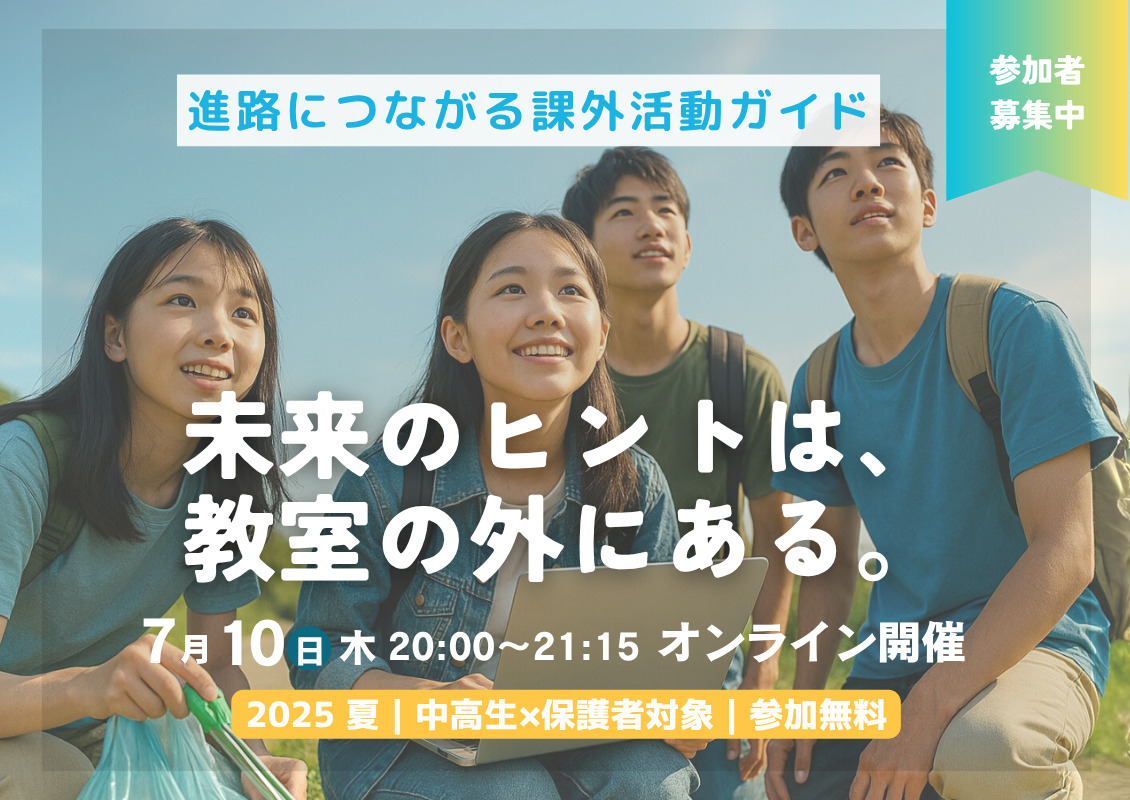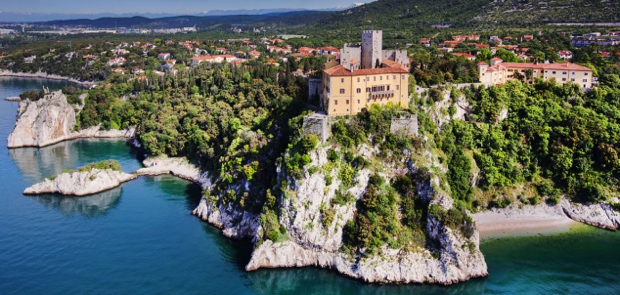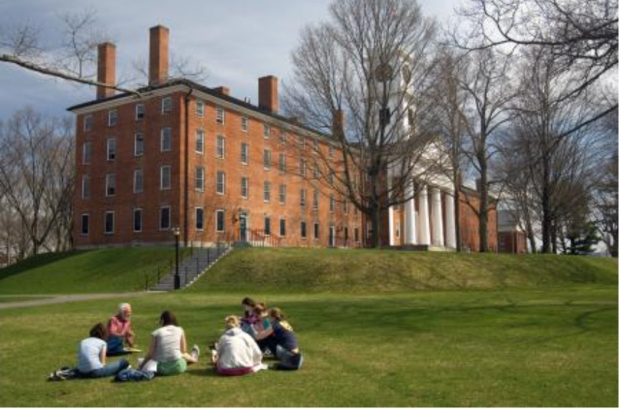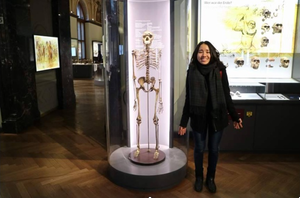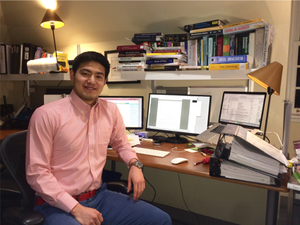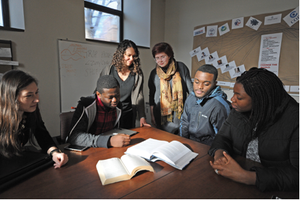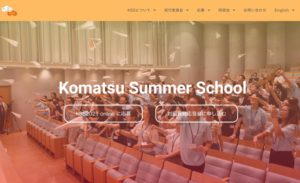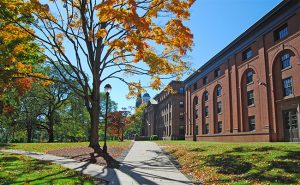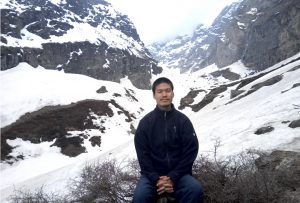【リベラルアーツ04】UWC生と開成生、元上智大生が語る「リベラルアーツ大学」という選択肢
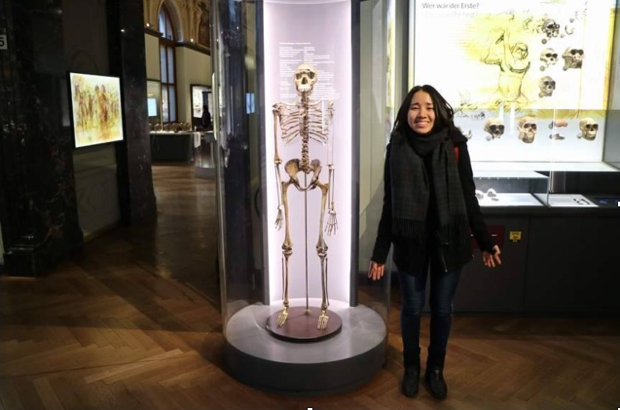
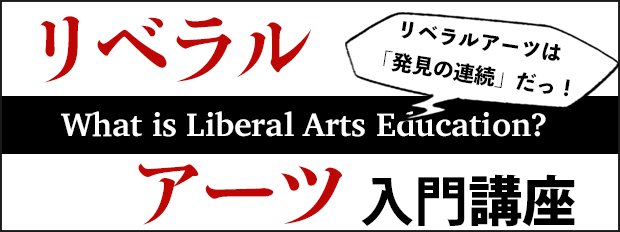
- 【リベラルアーツ入門01】鉛筆からはじめるリベラルアーツ
- 【リベラルアーツ入門02】リベラルアーツで身につける思考法
- 【リベラルアーツ入門03】リベラルアーツ教育を受けた後の変化
- 【リベラルアーツ入門04】日本の高校生とリベラルアーツ
- 【リベラルアーツ入門05】大学を終えたあとの学びの実践
「リベラルアーツ大学」を選ぶ理由とは
リベラルアーツ入門講座の連載も第4回目となりました。
前回はリベラルアーツ大学の卒業生で、現在は研究者である武田悠作さんをお招きし、大学教育がどのように卒業後につながっているかという話をしてもらいました。
今回は、リベラルアーツ大学を進路選択の可能性として考えている、現役高校生をおもにインタビューしました。
これまでは、筆者を含めリベラルアーツ教育の経験者からの視点でしたが、これから進路を決めようとする高校生の目にリベラルアーツ教育はどう映るのでしょう?
また、リベラルアーツ大学に進学するとして、日本とアメリカにどのような違いがあるのでしょうか?
高校生は、イタリアのインターナショナルスクールに通う楢崎翔子さん(高3)、東京の中高一貫私立高校に通う坂谷竜聖さん(高2)が取材に協力してくれました。
大学生は、ウェズリアン大学の河本理帆さん(大1)に話を聞きました。河本さんは、高校卒業からウェズリアン大学に進学するまでの4ヵ月間、上智大学国際教養学部で学びました。
UWC生が語るIBとリベラルアーツの共通点
楢崎翔子さん(United World College Adriatic、Grade12)
- 課外活動:バイオリン
- 興味関心:動物、生物
- 海外経験:シンガポール(小学校)、イタリア(高2〜)

東京学芸大学附属国際中等教育学校から、UWC奨学生として「アドリアティック・カレッジ」に留学。
——どのような大学を受験する予定ですか?
アメリカの大学に進学したいです。
私はUWC(United World College)のイタリア校「UWCアドリアティック・カレッジ UWC Adriatic」に在籍しており、UWCの卒業生には、アメリカの大学からの奨学金を提供される機会が豊富にあります。奨学金が獲得できなかったときは日本の大学に進学します。
——あなたが大学に求めるものはなんですか?
自分の興味があることを勉強しつつ、他のことも学べる大学がいいです。高校でさまざまな科目をとるなかで、どの科目も同じように楽しめ、興味を持てるのが自分の特性だと気づきました。
たとえば、現在は数学、日本語、英語、イタリア語、世界の芸術と文化、生物を履修していますが、どれも非常におもしろいです。また、プログラミングも大学に入って学びたいと思っています。
私は生物や動物に興味があり、大学の専門もその方向で進めてく予定ですが、このように多様な自分の興味を真剣に追求できる場所を求めています。
——リベラルアーツ大学についてどう思いますか?
アイビーリーグの大学も受験はしますが、リベラルアーツ大学への進学を考えています。
リベラルアーツ大学がいいと思うのは、知識の習得以上に、自分がどういう意見を持つか、それをどう相手に伝えて意思疎通をするかが学べる点です。これは少人数でディスカッションベースの授業が主体であるから可能なことです。
私の高校は国際バカロレア校なので、授業もこのスタイルが基本です。インターネットで事実や知識が得られる時代だからこそ、このような対面で人と意見を交わす授業が重要だと思います。
また、物事のあいだのつながりに興味があるので、リベラルアーツ大学での分野を超えた学びが私に適していると思います。
もっとも興味がある分野は生物学なのですが、高校でとっている「世界の芸術と文化」という授業のなかで、生物学に有用な視点が得られることがあったりします。
このようにつながりのなかでの視点や、そこから見えてくる自分のやりたいことをリベラルアーツ大学で探究していきたいです。
——日本の大学についてどう思いますか?
日本の大学では、学生がとても楽しそうです。学園祭やサークルなど、自由に時間を使える環境があると思います。自分が日本の大学に進学している姿も想像ができます。
それと同時に、この人たちは勉強しているのかな? という疑問もあります。
日本の国立大学に通っている姉から話を聞いていると、日本の高校の延長というイメージがあり、私の高校やアメリカの大学にあるような勉強への姿勢がなさそうだと思います。
ただ、日本語で自分を理解して表現できる環境で、日本人として学ぶ意味はあるのかもしれません。
現在はすべて英語で意思疎通をする環境で、ふと、外国語では互いに伝えきれない部分があると感じてしまいます。母語で意思疎通や勉強をしていたら、このようなこともないのかなと思います。
開成生がリベラルアーツに抱く期待と不安
坂谷竜聖さん(開成高等学校2年生)
- 課外活動:テニス部、文化祭準備委員会
- 興味関心:生物
- 海外経験:カナダとアメリカ(それぞれ2週間)
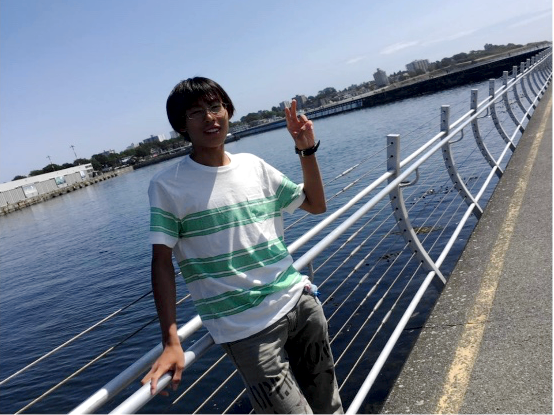
——来年は大学受験となりますが、受験校は決まりましたか?
今のところはまだわかりません。私の高校では「東京大学」がおもな進学先なので、特別な選択をしなければ東京大学になります。しかし、英語力さえ確保できれば、自分には海外大学への進学が向いていると思います。
——なぜ海外なのでしょうか?
できるだけ、世界の「当たり前」に近い場所で生きていけるようになりたいからです。
私は海外の経験が豊富ではありませんが、日本が特殊な場所だというのは知っています。日本人以外の国籍やアジア以外の人種の人がほとんどおらず、ほぼ全員が日本語のみを話している国は世界でも珍しいのではないでしょうか。
これから変化していく世の中を観察して、交わっていきたい私にとって、早くから世界の「当たり前」に慣れておくのは大事なことだと思います。
また、学びたい「生物」の分野で研究をリードしているのが日本国外の大学だというのも理由のひとつです。
——あなたが大学に求めるものはなんですか?
まず、自分のやりたいことができる一番いい環境を探しています。学部時代から研究をしたいので、自分よりレベルの高い教授や学生と共に学び、深く関われるような場所がいいです。
つぎに、私自身が成績を追い求めるガリ勉タイプではなく、自分の興味関心をとことん突き詰めるタイプなので、学生が各々のパッションを追いかけているような学校が理想です。
あとは、生物学の探究は他の学問とも密接に関わるので、科学の他分野や文理を融合させた型にはまらない教育、そして分野を跨いだ興味を持つ人びととの出会いを求めています。
——リベラルアーツ大学についてどう思いますか?
上に挙げた大学に求めるものをどれも満たしているリベラルアーツは、自分にとって理想の環境かもしれません。
学生に対する教授の人数が多く、小規模な授業のために教授との距離が近いので、研究や共著もやりやすいと聞きます。また、専攻できる分野の幅が広く、文理の壁がないというのも私にとっては大きなプラスです。
デメリットは、小規模での教育を重視しているので世界大学ランキング(研究成果を重視する)で順位が低く、また履修科目が少なく感じることです。狭い専門分野を確立できないので、理系に不利なのではないかとも思います。
しかし、学部のうちは面倒見のいいリベラルアーツ大学で基礎能力を延ばして、大学院で研究重視の場所にいけばいいという考えもあるようです。これらの理由により、リベラルアーツ大学を推している先生もいました。
リベラルアーツ大学には期待があるいっぽうで、不安もあります。
これまで、自分にとって理想的な環境にいたことがないので、そこで自分がどう変化するのかがわかりません。どちらかといえば画一的な進学校で過ごしてきた私は、みんなとは違う活動や選択肢をすることで自分を保ってきました。
学生が各々の興味関心をひたすら追いかけているリベラルアーツ大学では、みんなが違うことをするのが当たり前なのだと思います。そのような場所で、集団のなかで自分をどう確保するのか? これは想像が難しいです。
* * *
最後に、現役の高校生ではありませんが、今秋から「ウェズリアン大学 Wesleyan University」に進学した河本理帆さんに短くお話を伺います。
河本さんは高校卒業からウェズリアン大学に進学するまでの4ヵ月間、上智大学の国際教養学部に通いました。
元上智大生が体感した本場のリベラルアーツ
河本理帆さん(Wesleyan University 1年生)
- 課外活動:ダンス
- 興味関心:社会学、心理学
- 海外経験:とくになし
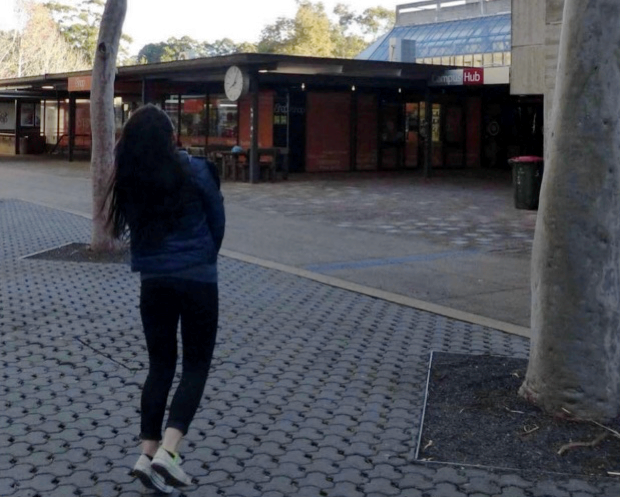
——自己紹介をお願いします
河本理帆です。日本生まれ日本育ちで、今回がはじめての海外生活です。
都立国際高校を卒業した後、上智大学の国際教養学部にて4ヵ月を過ごし、今年の9月からウェズリアン大学に進学しました。
——ウェズリアン大学での勉強はいかがですか?
授業が思った以上に楽しいです。どれも少人数で、学生間の会話が盛んです。単に同じ空間にいるだけではなく、授業で一緒に学んでいると実感できています。
たとえば、教授の難しい質問に誰も答えられず、しかし投げてくれるヒントに少しずつ答えながら、クラスでひとつの理解に辿り着く。先生が話すだけでもなく、頭のいい生徒が話すだけでもなく、みんなが授業の過程に関われる空気があります。
また、日本と違っていいなと思ったのは、みんな好きで学んでいるのが明らかだということです。
この場所では学生は非常に熱心に勉強していて、そして、どれだけ勉強をしていても、勉強時間や成果で競い合うことがありません。もともとのモチベーションが高いから、勉強が生活の一部としてなっているのだと思います。
——河本さんは上智大学の国際教養学部で学びました。どちらも短い期間の経験ではありますが、日本とアメリカのリベラルアーツ教育の違いはなんだと思いますか?
やはり、日本では授業が一方向になりがちだと思います。教授と生徒との間に距離感があり、アメリカのリベラルアーツ大学のような熱量の高い、会話の活発な授業がありません。
上智大学の国際教養学部は、日本のリベラルアーツ学部のなかでもいい教育環境だという評判で、たしかに授業は少人数で課題もたくさん出ました。しかし、授業の核であるディスカッションの有無と、たとえ議論があったとしても、その質が日本とアメリカでは大きく異なっていると思います。
また、専攻の数の違いがあります。
ウェズリアン大学では45の専攻と、17の副専攻があります。上智大学国際教養学部では3つのエリアがあり、それぞれ2から3の専門があったので、合計で約10の専攻です。
日本ではリベラルアーツ大学というと専門性が低いというイメージがありますが、アメリカのリベラルアーツ大学は規模も大きく資金があるので、そのぶん専門分野も多様に揃っています。そのため、こちらでは履修できる授業の幅も非常に広いです。
* * *
今回取り上げた高校生は特殊な例ではありますが、ふたりの経験や進路への考え方は、国内外の進学にかかわらず参考になります。
学歴を重視して大学を選ぶ日本では、進路選択が受動的になってしまいがちかもしれません。しかし、与えられた環境の外側を見ることで、自らが大学に求める経験や環境に対して新たな視点が得られるのではないでしょうか。
また、日本でリベラルアーツ教育が語られるとき、早稲田大学や上智大学などの国際教養学部の文脈が用いられるものですが、河本さんの体験談からもわかるように、日米のリベラルアーツ教育にはたしかな違いがあるというのも覚えておくべき点でしょう。
最終回となる次回は、リベラルアーツ教育の今後とについて書いていきます。
「Liberal Arts for All」主宰。翻訳家、ライター。千葉県旭市出身。中学高校時代は陸上競技の世界に浸かり、勉強に縁のない場所で生きる。高校卒業後に入学した千葉大学で、日本の大学教育、教授、学生に不満を覚える。資格をとれる学部に移ろうと、医学部再受験をするために予備校に通い始め、そこで勉強する楽しさを知る。興味が多岐にわたっていたため、このまま医者になるのはどうなのだろうかと考えはじめる。夏に開催されていたアメリカの大学合同説明会に参加し、リベラルアーツ教育について知る。そこから3ヵ月間猛勉強し、最終的にウェズリアン大学にフリーマン奨学生として合格。ウェズリアン大学では哲学を専攻し、芸術、歴史、文学、社会学などの授業を幅広く履修。卒業後は米系の投資運用会社に就職。4ヵ月で投資運用会社を退職し、その後に出版社やバーの皿洗いを経て、現在は翻訳を本業とする。
